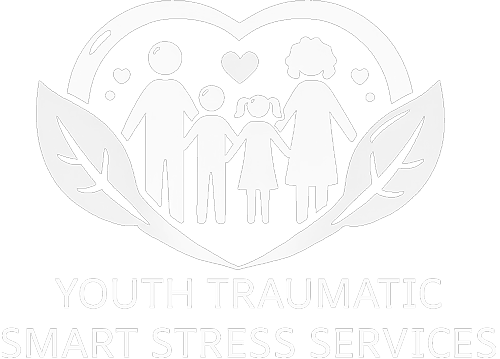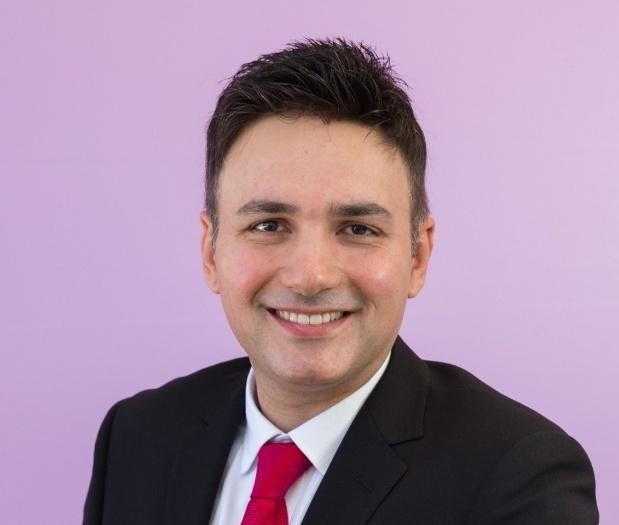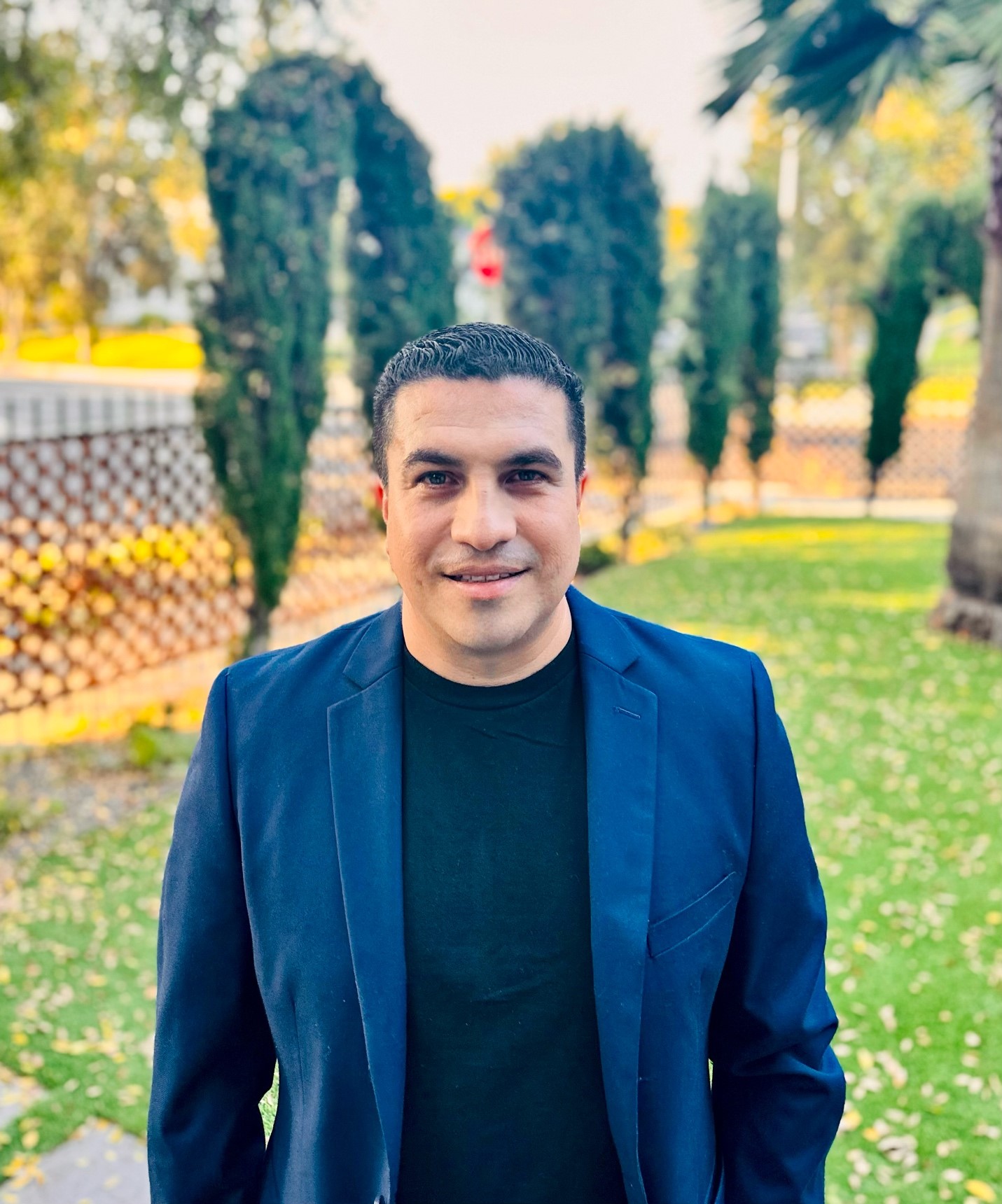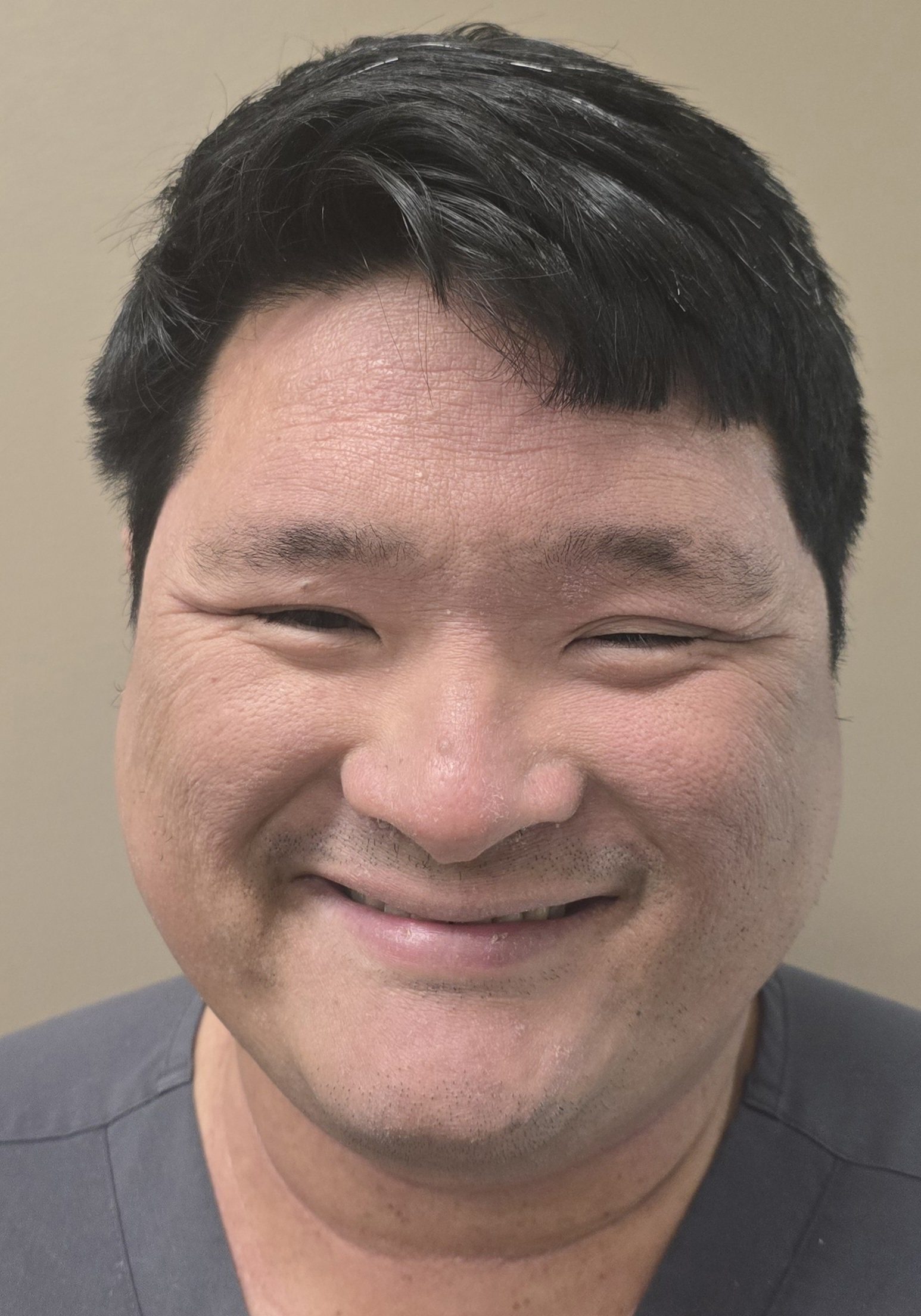Grief-enhanced Trauma-informed Care process(GTC)Grief-enhanced Trauma-informed Care process(GTC)
Other Markers For Traumatic Stress And Grief- Sleep Disturbances
Other Markers For Traumatic Stress And Grief- Sleep Disturbances
Traumatic stress disorder (e.g., PTSD) is often characterized by sleep disturbances, including
insomnia, nightmares, and fragmented sleep. Actigraphy, polysomnography (PSG),
Electroencephalography (EEG) and event-related potentials (ERPs) are critical tools for
identifying neurophysiological alterations underlying these disturbances.
Main Key Points
Insomnia:
Difficulty falling or staying asleep due to hyperarousal and intrusive thoughts.
Nightmares:
Distressing, vivid dreams replaying traumatic events disrupt sleep and increase nighttime awakenings.
Fragmented Sleep:
Frequent awakenings lead to non-restorative sleep and daytime fatigue.
Hyperarousal:
Persistent physiological alertness prevents deep, restorative sleep.
Disrupted REM Sleep:
Impaired emotional processing and memory consolidation due to interruptions in this critical sleep stage.
PTSD profoundly impacts both health and sleep, creating a cycle where sleep disturbances exacerbate physical and mental health issues, and these health problems, in turn, worsen PTSD symptoms. Sleep plays a critical role in emotional regulation, memory consolidation, and physical recovery. When sleep is disrupted, as often occurs in PTSD, these essential processes are compromised, amplifying the negative effects on overall well-being.
Sleep problems are among the most persistent and debilitating symptoms of PTSD. These include insomnia, where individuals have difficulty falling or staying asleep, and nightmares, which often involve distressing, vivid replays of traumatic events. PTSD is also characterized by fragmented sleep, where individuals wake frequently throughout the night, disrupting the normal architecture of sleep. These disturbances lead to non-restorative sleep, leaving individuals feeling physically and mentally fatigued, which can impair daily functioning and worsen emotional dysregulation.
Additionally, individuals with PTSD often experience hyperarousal, a state of heightened physiological and emotional alertness, even during sleep. This hyperarousal is driven by overactivation of the stress-response system, including the hypothalamic-pituitary-adrenal (HPA) axis. It prevents the body from fully relaxing, contributing to difficulties in achieving deep, restorative sleep. Over time, chronic sleep deprivation from PTSD can impair memory, concentration, and problem-solving abilities while increasing irritability and emotional instability.
References
1. Cohen, H., et al. (2013). Sleep architecture and memory consolidation in PTSD. Journal of Neuroscience.
2. Mellman, T. A., et al. (2002). REM sleep and nightmares in PTSD. American Journal of Psychiatry.
3. Cowdin, N., et al. (2014). Beta activity and hyperarousal in PTSD. Biological Psychiatry.
4. Germain, A., et al. (2006). Alpha-delta sleep anomaly in PTSD. Sleep Medicine Reviews.









